
Probiotics are not a new concept. In the early 20th century Elie Metchnikoff, a Nobel Prize recipient, was very interested in the ageing process and expressed his fascinating view of ‘intestinal auto intoxication’: the large bowel is a source of toxic substances such as ammonia and amines that are absorbed from the gut and circulate in the blood, damaging the nervous and vascular systems...

The brain and the gut are powerfully connected and share a bidirectional communication channel. Understanding this interconnectivity is essential for optimizing brain and gut health.
A few powerful brain-gut interdependence examples...
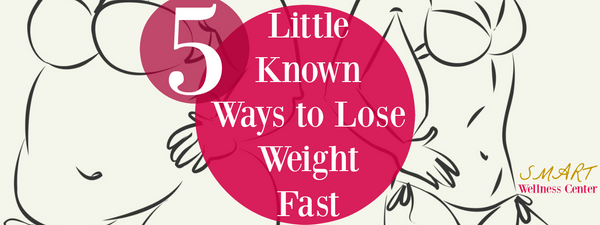
What does digestion have to do with weight loss? Everything.
If you do not digest your food properly (which most people cannot do well), any chemical toxins present in the food you eat are absorbed from the small intestine through the hepatoportal artery and intoxicate the liver. The liver sends this trash out in adipose tissue aka fat. And the body will keep building out fat as more and more chemical toxins are consumed. The result: weight gain...

Adequate stomach acid aka hydrochloric acid. Hydrochloric acid is the holy grail of digestion because of its many functions. HCL helps: absorb protein, calcium, vitamin B12, and iron, avoid gas, bloating, and acid reflux (because you are digesting instead of fermenting food), suppress growth of ingested bacteria and candida, and evade brain-gut mood imbalances....
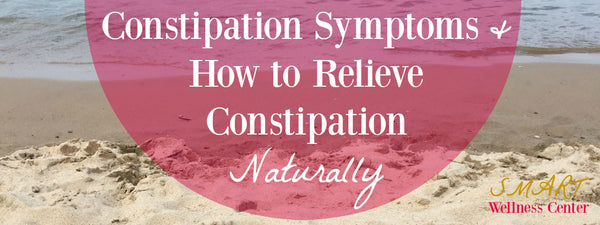
Constipation. Miserable. Heaviness. Bloating.
I am all too familiar with this malady. I suffered for years with constipation. I went almost 14 days without going number two when I was a kid. And when I went once a week, it was party time.
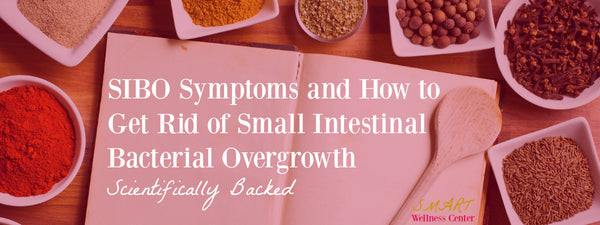
Small intestinal bacterial overgrowth (SIBO) occurs when there is an increased number and/or abnormal type of bacteria in the small bowel. Yuck. I suffered with this ailment and it’s no fun. I got rid of SIBO and so can you. Unfortunately, almost 100% of people who take antibiotics for SIBO have one or more re-occurrences. There must be more to SIBO then conventionally believed...
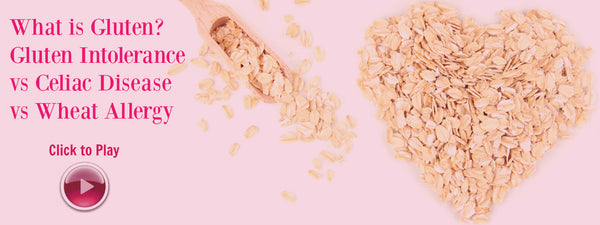
What is gluten?
Gluten intolerance symptoms like bloating, eczema and/or rash, headaches, foggy brain, fatigue, depression, & more. What foods contain gluten—common and less known foods (you might be eating these right now!)...
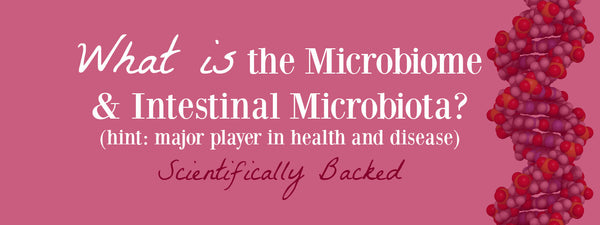
Part I: Microbiome and Intestinal Microbiota Definition, Importance, & How to Improve Diversity.
The human body is a complex community of microbes that are referred to as human microbiota or microbiome. It is estimated that the human microbiota number more than 10 ^14 cells, which exceeds the number of human cells in our bodies. In other words, the homo sapien is a community of smart bugs.